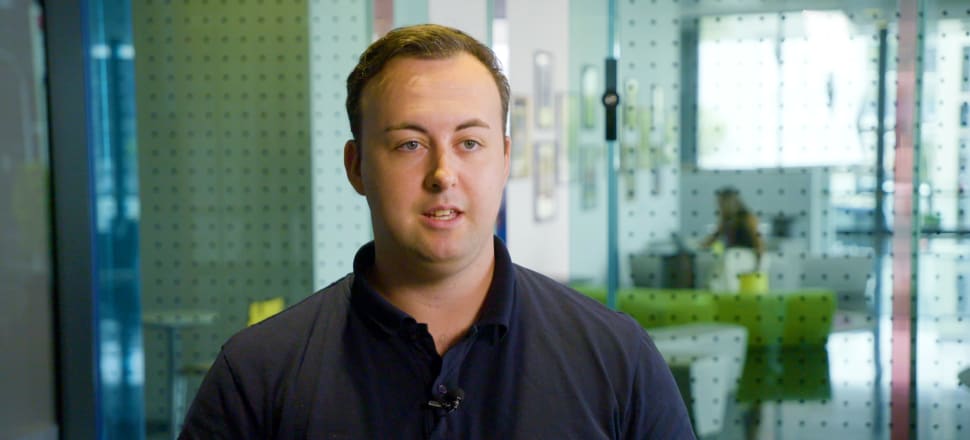
Developing a supplier relationship with a $3.7 billion NZX-listed company like Spark as a small Māori business owner can be daunting, but with te ao Māori values at the heart of the relationship, Thomas Netana Wright tells Newsroom how he did it | Content Partnership
When indigenous chocolatier Thomas Netana Wright was chosen for the Kōkiri Māori business accelerator programme, he imagined mentoring, training, capability building, networking – and financial support for his goals.
He got all that in the 13-week programme – alongside nine other recipients.
But what he also got was the opportunity to provide expertise from a small business perspective to Aotearoa’s largest telecommunications and digital services company – Spark, sponsor of Kōkiri since the programme’s inception in 2018.
READ MORE: Normalising Te Ao Māori in the workplace key to dispelling whakamā
Thomas’ business, Tāmaki Makaurau-based Ao Cacao, sources all its beans from Pacific Island producers (rather than bigger competitors in Africa and South America). He then turns them into luxury chocolates. His whakapapa links are to Ngāpuhi, Ngāti Whātua and Whakatōhea.
As part of the Kōkiri programme, Thomas met Spark leaders and through whakawhanaungatanga, they together identified an opportunity for Ao Cacao to supply its chocolate to Spark for functions and corporate gifts – one example Spark’s Māori development lead Riki Hollings (Ngāti Ranginui, Ngai Tamarawaho) describes as a meaningful demonstration of Spark’s participation in its partnership with Ahikōmako and Kōkiri, which goes beyond financial support of the programme.
Win-win.
Except... Developing a supplier relationship with a $3.7 billion NZX-listed telecommunications and digital services company when you are a two-year-old Māori SME business can be a daunting prospect – however good your confectionary skills.
As is the case with many large, longstanding organisations, Spark’s procurement processes were geared towards larger businesses with sales and supply teams. That meant its systems could be difficult to navigate for a small owner-operator without expertise in areas such as accounting, legal and administration. They identified that this could, in turn, create a barrier to becoming a partner.
As Thomas and his Spark business mentors got to know each other, they wondered if the two sides couldn’t come together to eliminate that barrier.
“Big corporations will have contracts, etc, that a small business doesn’t even think about,” Thomas tells Newsroom.
“So we've worked together on how we can create contracts and a partnership to work for both of us, not one versus the other.”
A big part of the process was refining processes so a small business felt welcome in a huge company,” Thomas says.
“It's not really about the chocolate, even though that's my thing. It's more about the connecting of two entities and how we can work together to better not just small businesses, but indigenous small businesses too.”
Riki believes the company’s participation in the Kōkiri programme, while ostensibly about Spark supporting budding indigenous entrepreneurs, also plays an important role in the company’s Māori strategy Te Korowai Tupu o Kora Aotearoa – the cloak of growth of Spark New Zealand.
“This year, we have five leaders from Spark who have volunteered to be on the advisory boards to support the startups,” Riki tells Newsroom in the video.
“It's through those types of engagements we can really understand the potential that exists within our partnership with Ahikōmako which delivers the Kōkiri programme. That's how we can grow.”
The Spark leaders working with the Māori businesses are learning too, Riki says. “It's helping them grow on their te ao Māori journey.”
The 2023 Kōkiri programme supports 10 Māori start-ups in a 13-week accelerator which runs from March through to June ending with the opportunity for each group to pitch their business to potential investors at a showcase event in Kirikiriroa, Hamilton.
Spark is a foundation partner of Newsroom.co.nz







